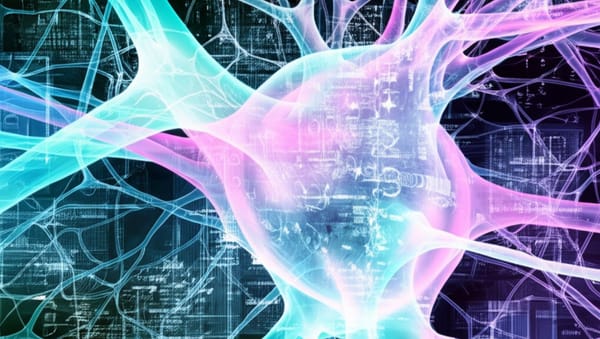AlphaFold Completes "One Billion Years of PhD Time" in Scientific Breakthrough

"It's kind of like a billion years of PhD time done in one year," said Nobel Prize winner Demis Hassabis, describing how his team's AI system AlphaFold mapped the structure of all 200 million proteins known to science - a task that would have taken individual researchers entire careers to complete for just a single protein.
The scale of this scientific acceleration points to a fundamental shift in how research will be conducted in the coming decades, writes End of Miles.
From Decades to Seconds
When Hassabis and his DeepMind team began tackling the protein folding problem, they were well aware of its reputation as one of biology's grand challenges. For decades, determining a single protein's structure required painstaking laboratory work with specialized equipment.
"My biologist friends would always tell me that it would take a PhD student their entire PhD, so four or five years, to fold—to find the structure of—just one protein," Hassabis explained during his March 2025 lecture at Cambridge University. "And there are 200 million proteins known to science and 20,000 proteins in the human proteome." Sir Demis Hassabis, DeepMind CEO and 2024 Nobel Prize winner in Chemistry
The DeepMind founder's comparison offers a startling visualization of AI's impact on scientific progress. At the traditional rate of one protein structure per PhD, mapping all known proteins would require a billion researcher-years—essentially impossible within the constraints of human civilization.
From Games to Scientific Revolution
What makes this achievement particularly notable is how quickly it transformed from theoretical possibility to practical reality. The Nobel laureate traced a direct line from his team's work on game-playing systems like AlphaGo to their breakthrough in protein structure prediction.
"Pretty much the day after we got back from the AlphaGo match in Seoul, we felt that we were ready. We had the techniques that were mature enough to now be applied outside of games and to try and tackle really meaningful problems," he recounted.
The AI researcher described protein folding as a "root node problem" – one that, when solved, opens entire new branches of scientific discovery. This classification has proven accurate, with over two million researchers now using AlphaFold data and over 30,000 scientific citations since its release.
Redefining Scientific Timelines
The billion-year metric isn't merely dramatic—it's transformative for how we conceptualize scientific progress itself. Traditional research timelines that once spanned generations can now potentially be compressed into months or even weeks with the right AI systems.
The Cambridge-educated scientist is already looking beyond protein structures to what he calls "digital biology," where AI serves as the perfect description language for biological systems just as mathematics describes physics.
"Why can't we use these techniques to reduce drug development down from years to months, maybe even one day weeks—just like we reduced down the discovery of protein structures from potentially years down to now minutes and seconds?" The DeepMind CEO
For those conducting research in fields from medicine to materials science, the billion-year comparison offers both a benchmark and a promise. When the next scientific grand challenge falls to AI assistance, the question won't be whether it accelerates discovery, but by how many orders of magnitude.




